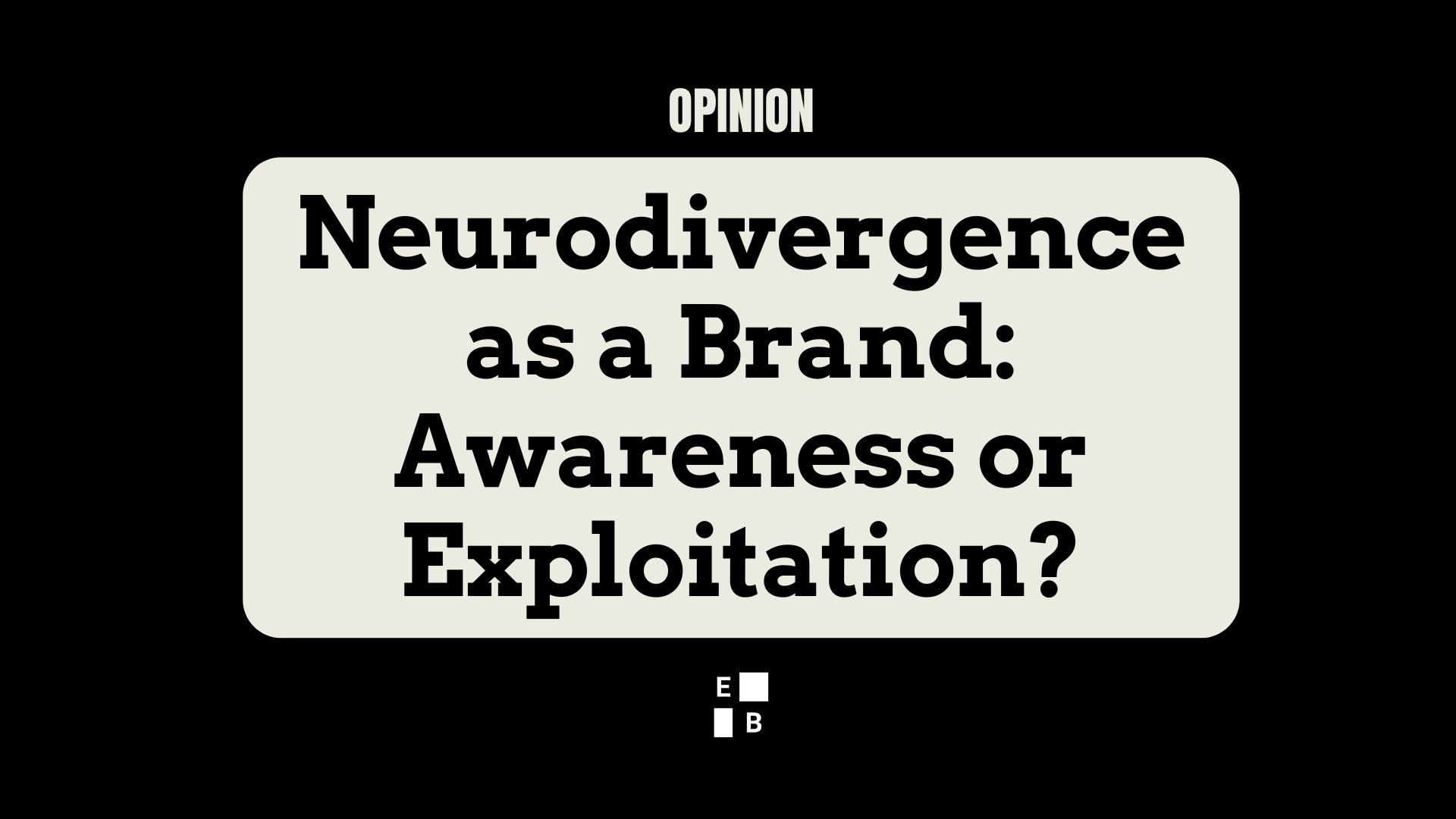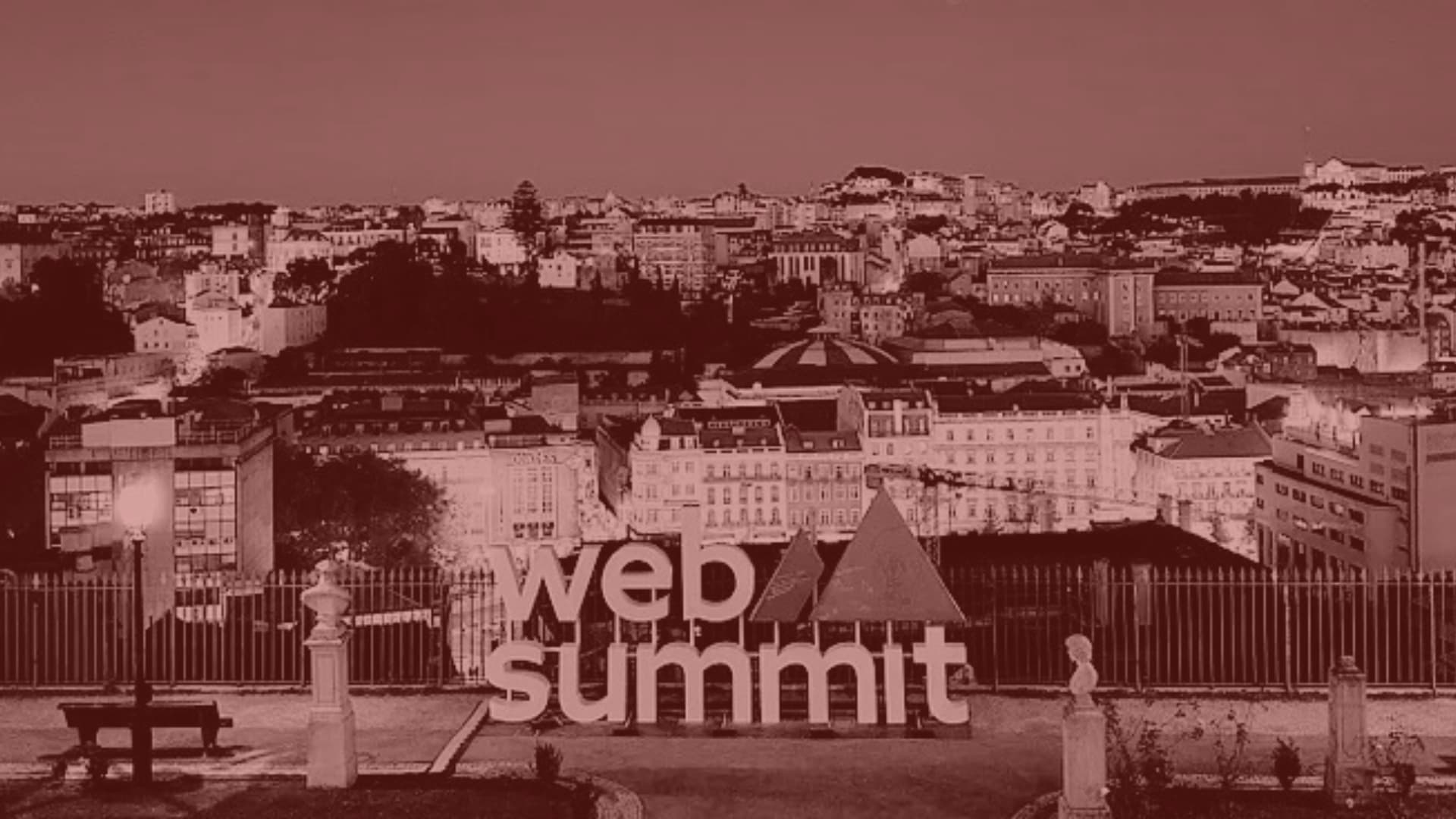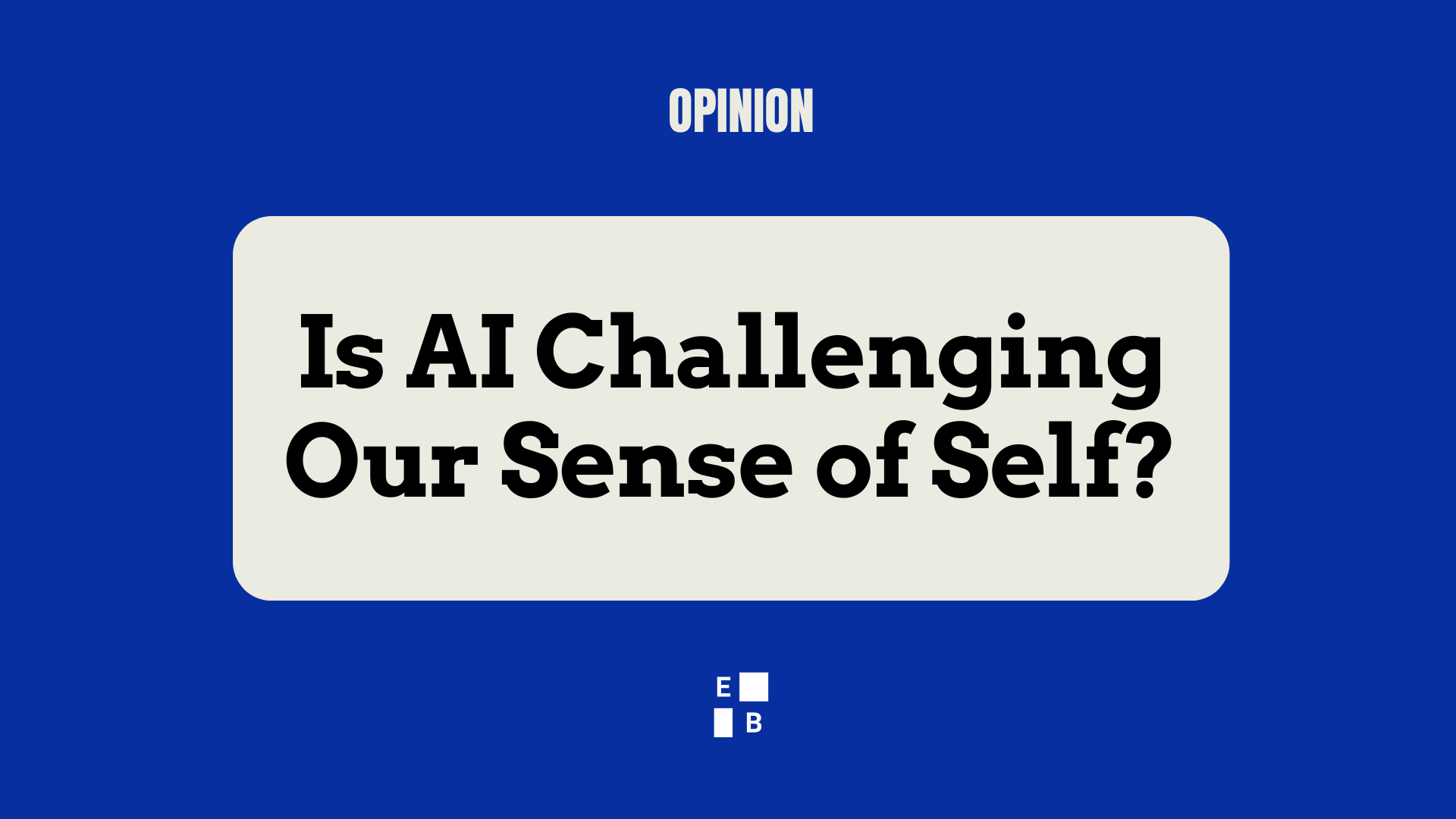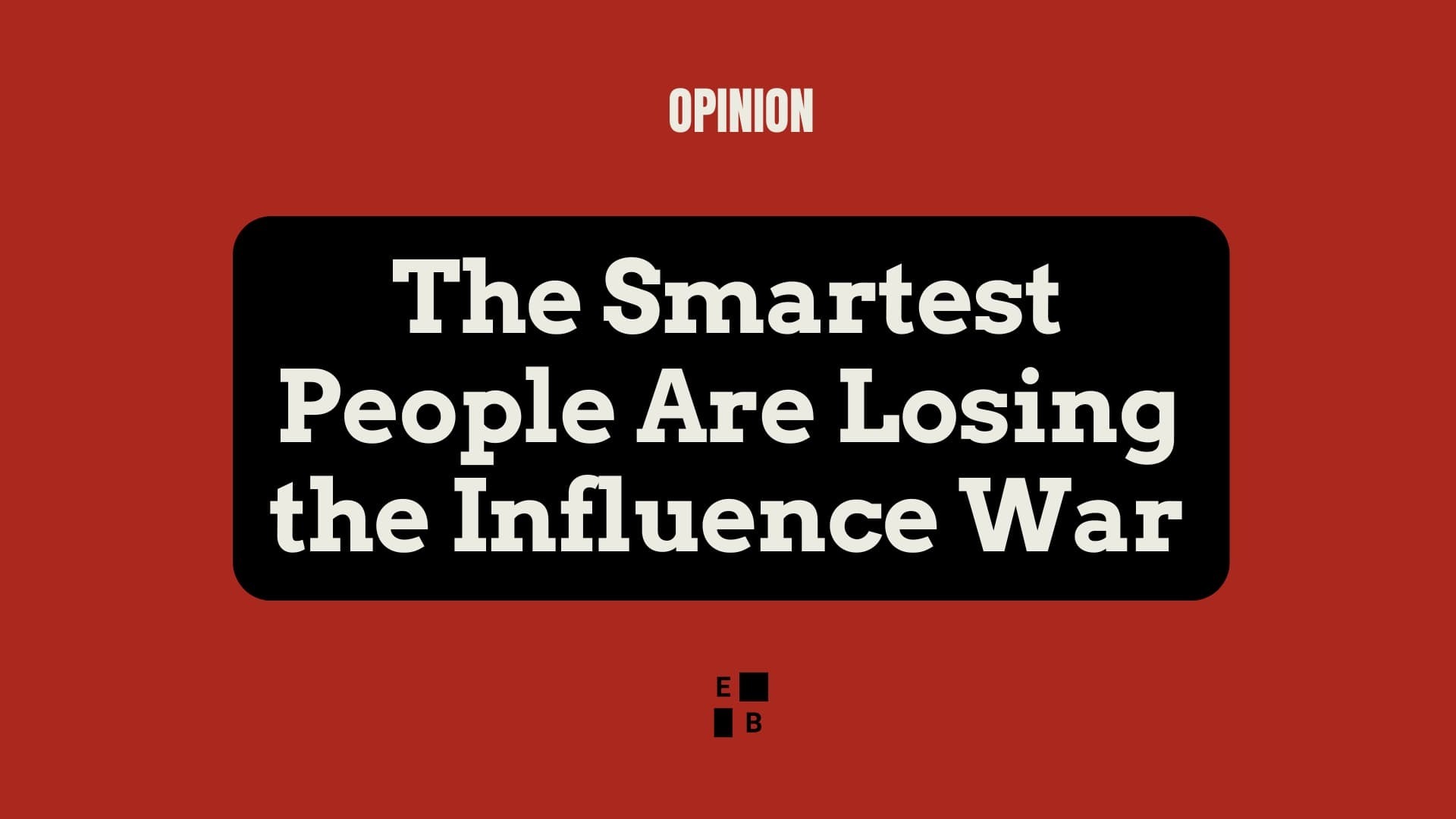

The article was originally published on www.factnews.gr
As I approach the entrance of Web Summit, a young woman hands out free copies of a book titled The Future of No Work. Curious, I ask her what it’s about. “It’s related to AI,” she says. As she hands me a book, a passerby heading toward the event shouts, “You’ll regret this one day.” Will AI take her job in the future? Who knows… Is AI existential crisis already here?
What I do know is that this brief interaction foreshadowed what was to come.
Every year, Web Summit hosts a wide range of topics. However, as an event focused on technological innovation, it is deeply influenced by current events — technological, social, economic, and political — often taking on an unofficial central theme.
In previous years, themes like blockchain, sustainability, diversity, and remote work have dominated. This year, the undisputed protagonist is artificial intelligence (AI).
The Lisbon Web Summit spans four days, but with numerous connected events before and after, its duration stretches to about a week. Since its move from Dublin to Lisbon in 2016, it has become synonymous with the city.
During these days, Lisbon — already one of Europe’s most popular destinations for digital nomads — turns into a global meeting place.
Web Summit features a main stage with a capacity of 20,000 people at the MEO Arena, 15 themed stages across five large pavilions hosting talks, panels, and presentations all day, additional stages for startup pitches and workshops, meeting rooms for investors, spaces for meetups, and much more.
It’s a massive event with hundreds of exhibitors and over 70,000 attendees. The Guardian has aptly called it “Glastonbury for geeks.”
I’ve been attending for a few years now, aiming to stay informed, draw inspiration, meet collaborators from around the world, and network. This year, I too couldn’t escape the AI theme, as I was invited to participate in a panel discussion on AI-first businesses as a marketer and co-founder of AI — The Academy.
The AI Summit stage, dedicated exclusively to artificial intelligence, is packed with people attending talks throughout the day. Surrounding it are many small booths showcasing early-stage AI startups.
Startups here include a platform that simplifies charitable donations using AI, one that teaches you how to make small talk with AI, as well as companies in data security, sustainability, hiring, education, and e-commerce — all AI-powered.
At the center of the pavilion, a large board invites visitors to answer questions like: “How do you think AI will impact your business?” and “How do you think AI will affect productivity?” Visitors respond by placing stickers under their chosen answers.
People line up to participate, while many (myself included) photograph the results. After all, we’re here to gather as many insights as possible and stay one step ahead of developments. We’re deeply interested in what concerns others because one of our roles is to offer solutions.
The phrase I hear most often — both in talks and private discussions — is “AI Is Eating the World.” It’s no exaggeration. This new reality evokes strong, conflicting feelings of excitement and concern, not just in technology and media but beyond.
This year, discussions increasingly revolve around why and how we use technology, rather than just what we’re creating. Big brands, small startups, and thought leaders focus on purpose — not just profits or innovation for its own sake.
Even at a massive event like this, the industry’s existential crisis is clear: technology is more powerful than ever, yet we, as humans, are more reflective and questioning than ever.
The world of technology and media is at a crossroads, balancing rapid advancements with humanity’s deeper need for meaning, ethics, and connection. This year’s Web Summit felt less like a showcase of innovation and more like a global conversation about our collective future.



